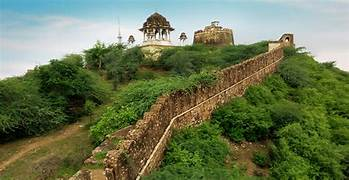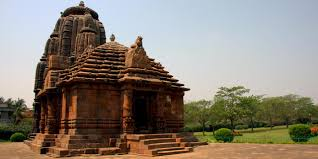Unveiling the Magnificence of Bundi Fort

Amidst the rugged Aravalli hills, lies the magnificent Bundi Fort. This ancient stronghold, also known as Taragarh Fort, stands as a testament to the rich history and architectural grandeur of India. With its imposing walls, intricate carvings, and panoramic views, Bundi Fort offers visitors a glimpse into the glorious past of the region. The history of Bundi Fort dates back to the 14th century when it was constructed by the Hada Chauhans. Over the centuries, it served as a strategic stronghold for various rulers, including the Rajputs and the Mughals. Its strategic location atop a hill provided a vantage point for monitoring the surrounding terrain and defending against invaders. One of the most striking features of Bundi Fort is its impressive architecture. The fort is adorned with intricately carved pillars, ornate gates, and beautiful frescoes that depict scenes from Hindu mythology and royal life. The Taragarh Fort, perched atop a steep hill, offers breathtaking views of the surro...



